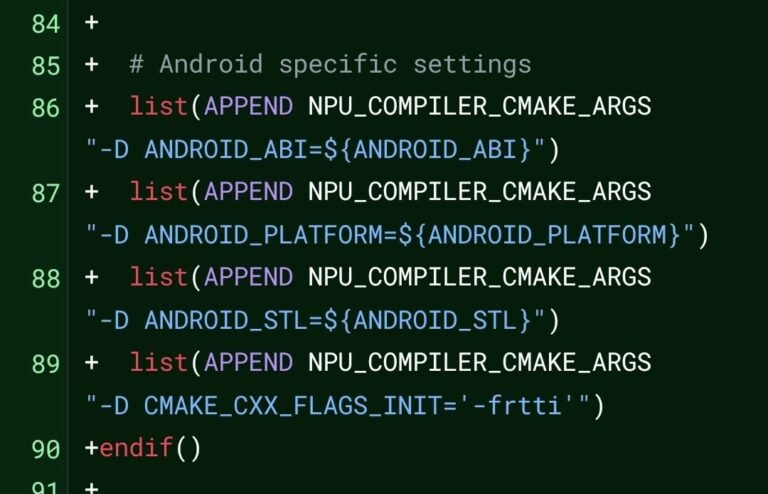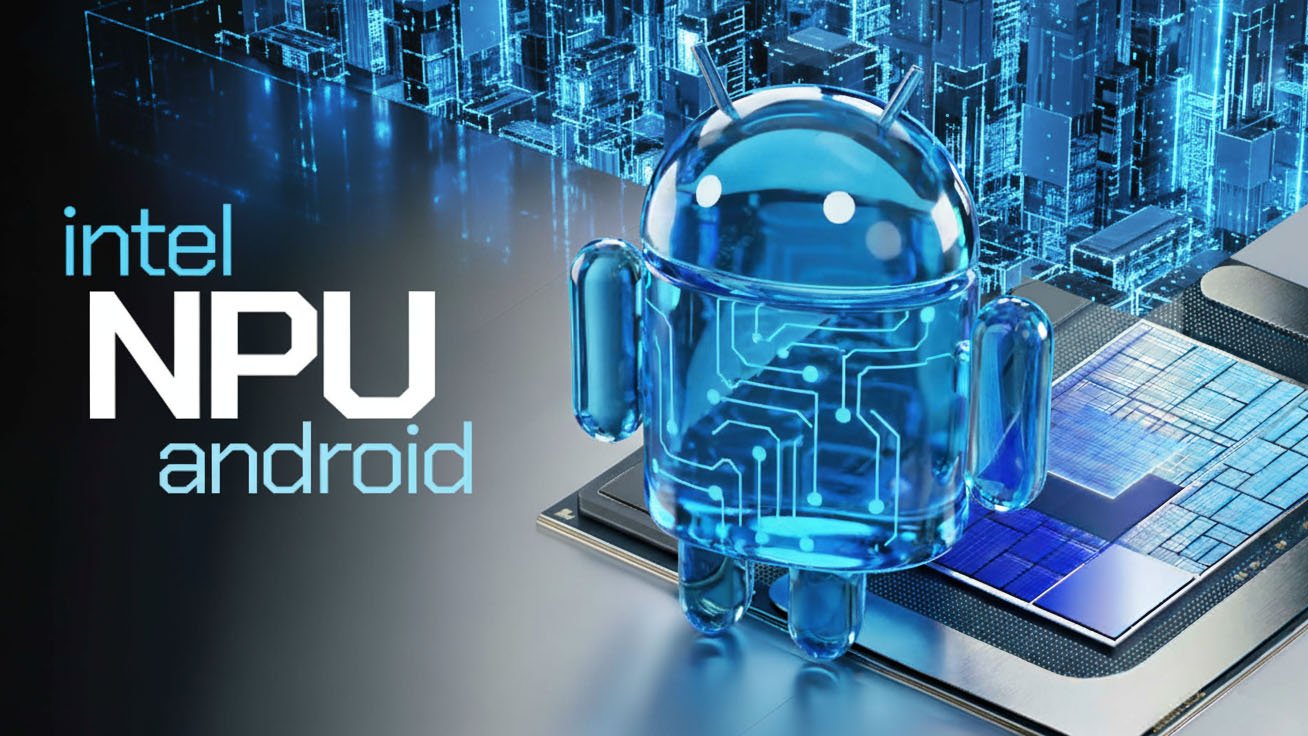Intel has recently released version 1.24 of its Neural Processing Unit (NPU) Linux driver, which integrates seamlessly with the upstream IVPU kernel driver and brings several key updates including new firmware, a refreshed compiler, and an updated Level Zero runtime version 1.24.2, alongside routine enhancements. This driver has been thoroughly validated for Intel Core Ultra systems powered by Meteor Lake, Arrow Lake, and Lunar Lake processors, ensuring compatibility and optimal performance across these platforms. The release, made available on GitHub, marks a significant step forward in supporting AI workloads on Linux environments.

A standout addition in this update is comprehensive support for Android, allowing the NPU to handle AI tasks within Android-based systems running on Linux kernels. This integration prepares Intel’s hardware for enhanced AI functionalities in emerging Android PC ecosystems, potentially boosting efficiency, performance, and seamless connectivity with Google’s AI technologies such as Gemini. By enabling local execution of AI software on NPU hardware, the driver reduces reliance on cloud processing and paves the way for more responsive, on-device intelligence.
The inclusion of Android support also subtly hints at Intel’s strategic positioning in Google’s anticipated Android for PC initiative, which seeks to unify ChromeOS and Android into a cohesive operating system tailored for laptops and desktops. While Qualcomm is spearheading efforts for Arm-based implementations, Intel—alongside AMD—appears poised to drive x86-compatible versions, leveraging its NPU capabilities to power advanced AI features in these devices. Google officially unveiled this project at the Qualcomm Snapdragon Summit 2025, with initial Android PCs projected to launch around 2026, though exact timelines remain undisclosed. This development underscores Intel’s proactive alignment with cross-platform AI advancements, positioning its processors as versatile enablers for next-generation computing hybrids.
Source: Bionic_Squash, TechPowerUP

